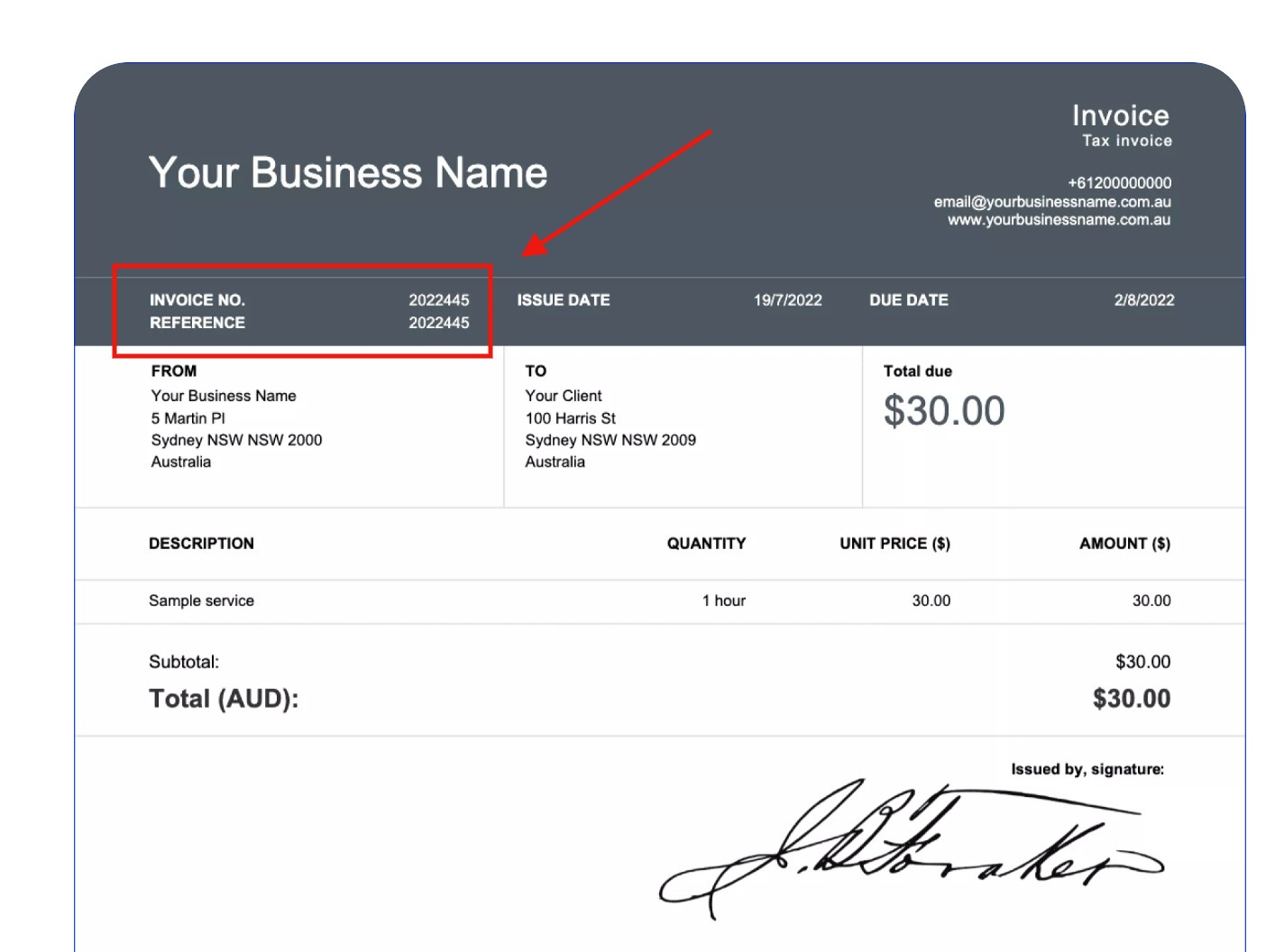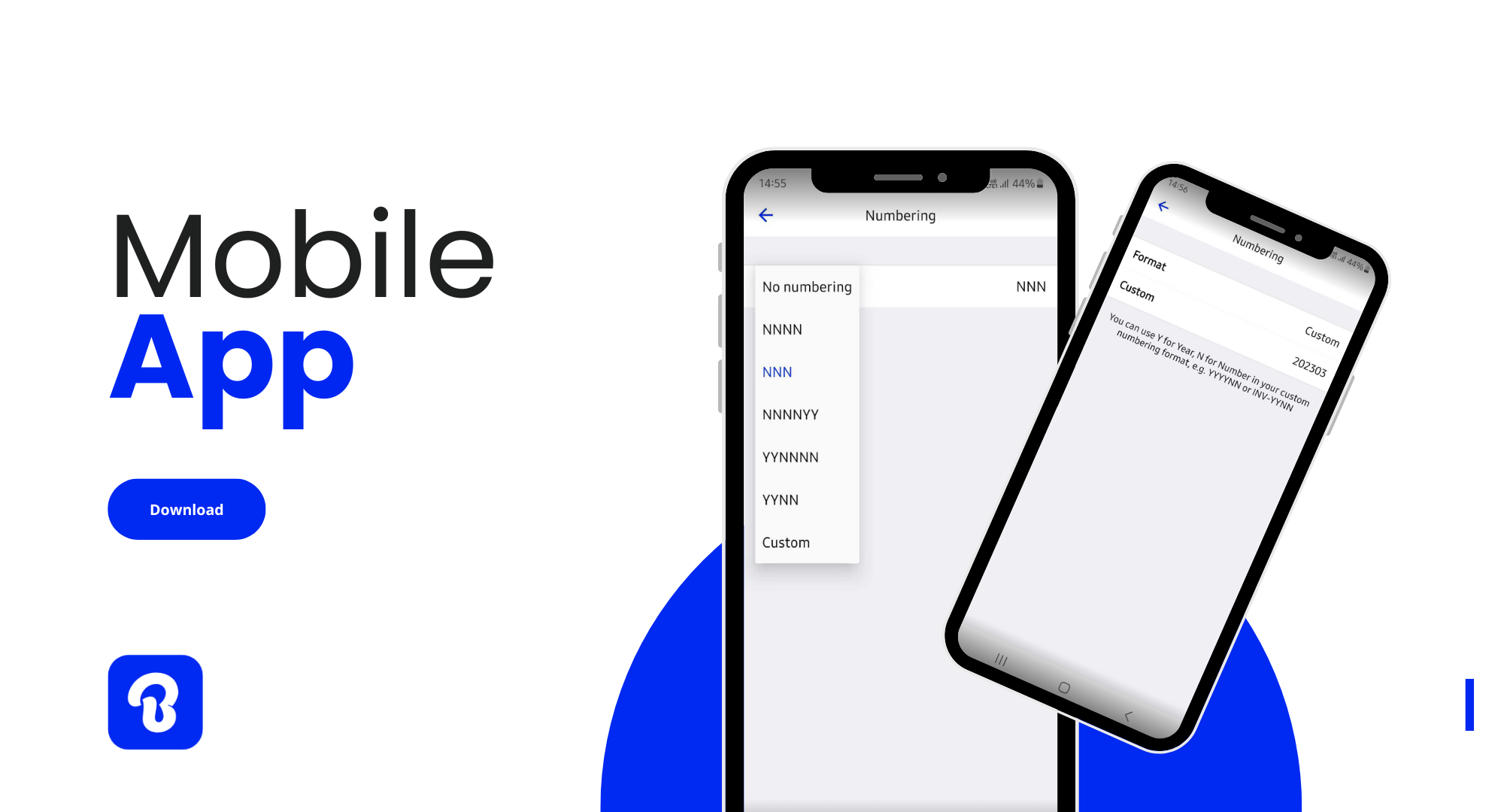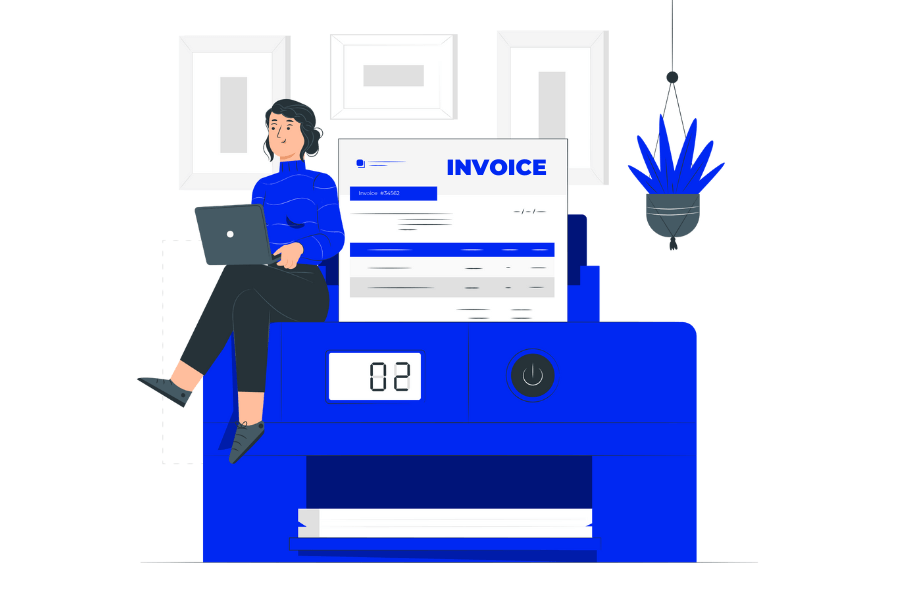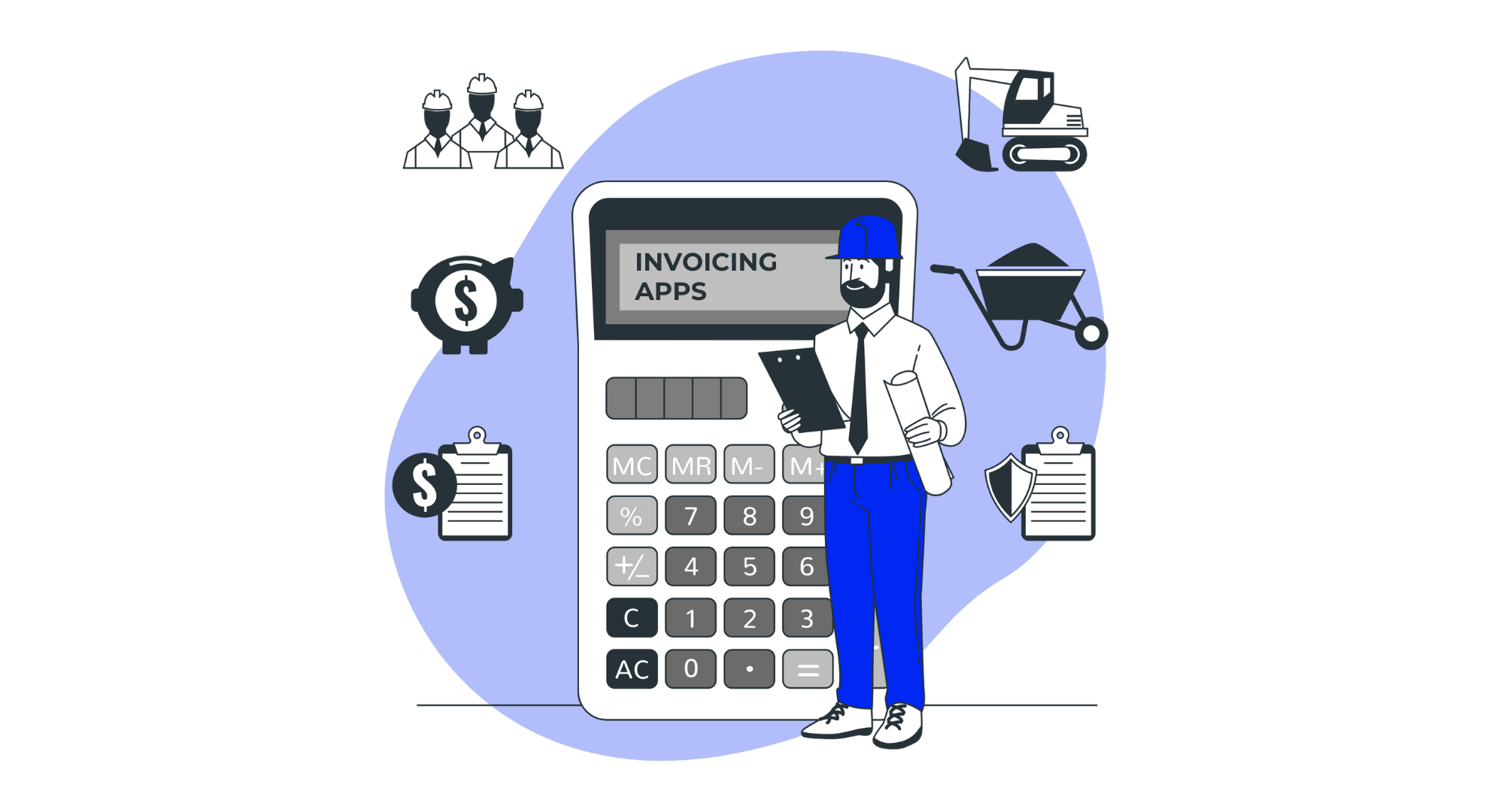
Invoice number (sometimes called invoice ID, invoice reference or reference number) is a unique identifier and reference for each invoice. Format of invoice number may vary, but it’s usually a combination of number, letter or symbol.
If you use invoicing software, this number can be generated automatically, but if not, you can create it manually when issuing the invoice.
You can find invoice number at the top of any invoice, usually connected with the word “invoice”. It should be visible, accurate and unique. Apart from its tracking purpose, it helps both buyer and seller to keep track of their financial transactions.
Key Takeaways
- Definition and Importance: An invoice number is a unique identifier assigned to each invoice, essential for tracking payments and maintaining organized financial records.
- Format Flexibility: Invoice numbers can include numbers, letters, or a combination of both, allowing businesses to create a system that best suits their needs.
- Legal and Tax Compliance: Properly numbered invoices are crucial for legal and tax compliance, as they help businesses and clients reference specific transactions.
- Best Practices: Consistent and sequential numbering, avoiding duplicates, and incorporating meaningful codes (e.g., dates or client IDs) can improve invoicing efficiency.
Why is Invoice Number important?
Invoice number is one of the most important part of the invoice. The key function of invoice number is unique identification. This is especially crucial when you have many clients that you work with so it’s advisable to choose a invoicing system that will help you to organize your invoices. By assigning invoice number, you can easily track which invoices have been paid. This can help later with keeping records of all your financial transactions.

Examples of invoice number or ID
You can keep it as simple as possible and go with sequential numbers such as 01, 02 or 001, 002.
If you wish to keep track of the issue date you can make a combination of a date and a number. Alternatively, you can add only year and number. For example:
- 20230218-001
- 20230218/01
- 202301
If it helps you better to include your client’s name, you can try the following: CLIENT001, CLIENT-01 or similar.
There is also possibility to use project-based numbering if you keep tracking your invoices based on separate projects, you can create combination of name and number of the project together with number of an invoice for that project, for example:
- PROJ25-001
- PROJ25-01
Always make sure that you identify invoice based on some logic and do not assign random numbers that you won’t be able to recognize later.
Many invoicing software have built-in options to generate invoice numbers automatically based on these or other methods.











